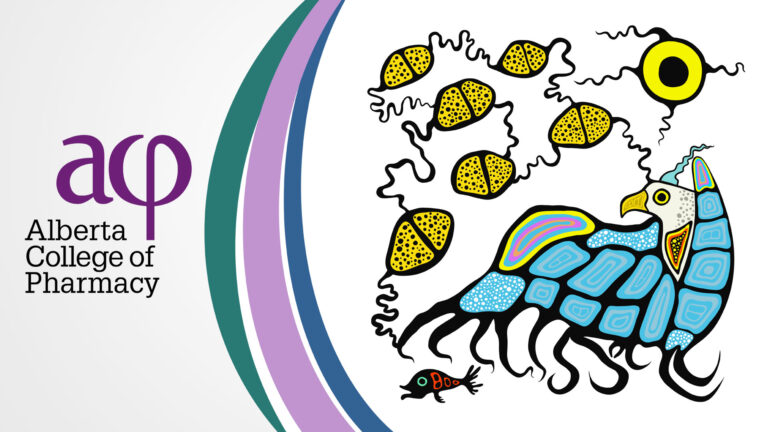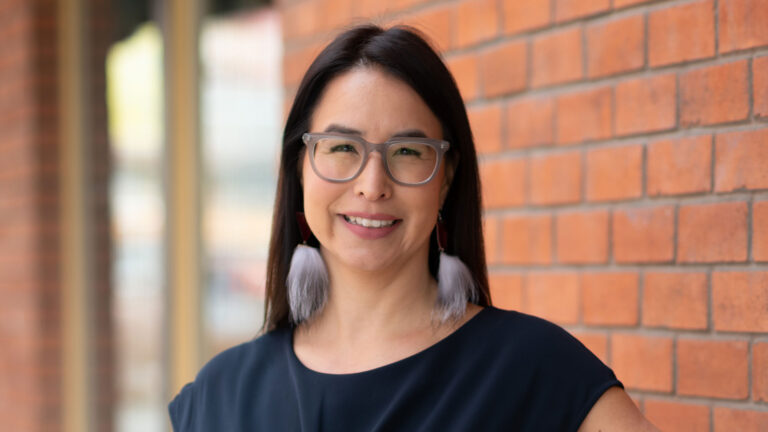
While strategic plan goals are often years from becoming a reality, one of ACP’s priorities stands much closer to implementation due to years of work behind the scenes.
“Practice improvement has been on the radar since I started with ACP in 2017,” said competence director Pamela Timanson. “We called it different things along the way, but the premise has been there for some time.”
In 2017, the first process of practice improvement, peer coaching, was introduced in the Continuing Competence Program (CCP) and experienced success. From there, leadership, the competence department, and the competence committee started to discuss a larger program that could incorporate coaching as just one of many activities and assessments that would support registrants in changing practice behaviours to consistently meet the standards of practice.
When developing the 2021-25 strategic plan, Council formalized this by deciding that any registrants identified as not being able to meet practice expectations should demonstrate practice improvement. To aid those registrants achieve that goal, the college needed to change the existing competence program.
“To stay current and relevant, we knew that the competence program needed to evolve,” said Pamela. “Those conversations led to an overall program that would support registrants improve their practice.”
The process has required a shift in the philosophy and guiding principles of the program. An extensive research process that included literature reviews, discussions and consultations within the Alberta Federation of Regulated Health Professions (AFRHP) and other Canadian regulators and institutions, and international comparables revealed a shift toward allowing flexibility as a means to support different professionals in different circumstances. Collaboration among peers and professionals was also needed as a key emphasis.
“We’ve designed the new program to engage registrants in an individualized approach of reflecting on their practice and taking action to improve practice,” said Pamela. “We will support registrants in a multitude of ways from learning, to coaching, to collaboration.”
The program will be structured to allow referral of registrants who demonstrate practice deficiencies from other ACP programs. The competence committee can then establish a plan to facilitate the improvement of a registrant’s practice. The referrals can be targeted to specific areas, like compounding, to directly focus efforts where improvement is required.
“If someone needs support in learning documentation, then that is the area in which we will provide support,” said Pamela.
The ACP competence team will meet with referred registrants to explain the program and the process, then support them to achieve requirements established by the competence committee. Timelines and milestones will be designed to create a roadmap to success, and regular check-ins and communication will allow for further assistance where needed. Collaboration with coaches and even those within a registrant’s own workplace will be encouraged.
“When we see someone always working alone and not interacting with other professionals, there is less stimulus for change and improvement,” said Pamela. “We really want to focus on developing peer connections for registrants through the program.”
All of this is just the start. While this new framework is exciting, the remaining years of the strategic plan will see the program continue to grow.
“At launch, the initial program will be a foundation to build upon,” said Pamela. “Over the next four years we’re going to keep adding even more new activities and supports for registrants.”




